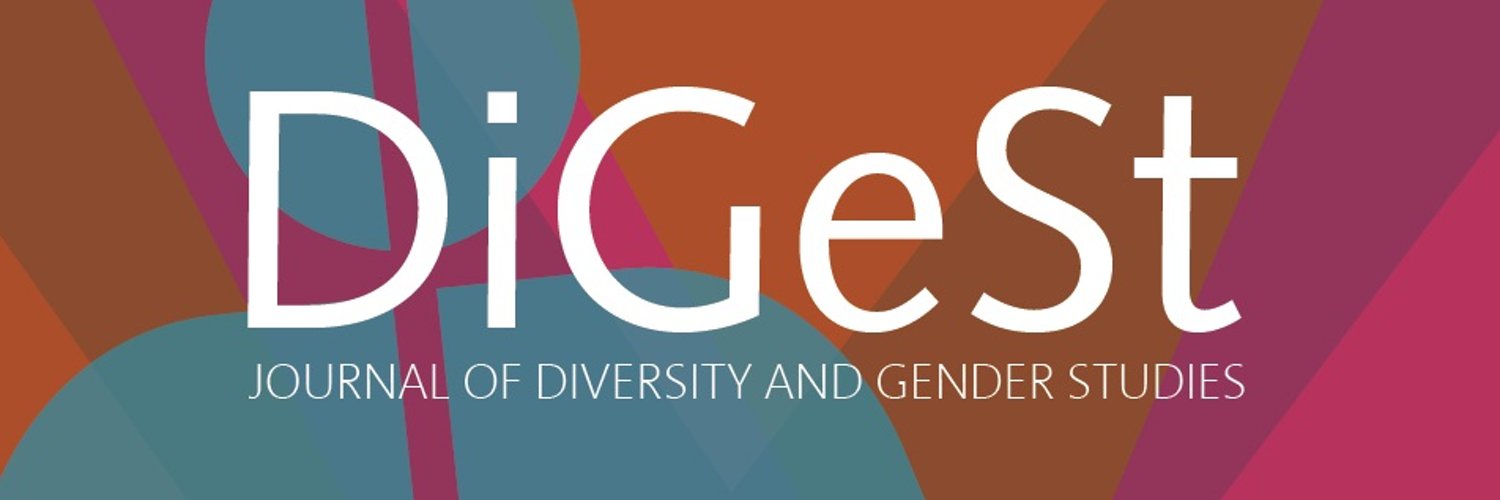Ageivism Roundtable
Abstract
In spite of the increased attention to the intersection of people’s various social, cultural, economic and political locations, the discriminations that come with old age are often neglected in gender studies. Some have even pointed to the inadvertent ageism in the field (e.g. Calasanti et al., 2006). While in social gerontology there is considerable attention to older women, this is not necessarily from a feminist or intersectional perspective, and the field has been accused (by e.g. Hogan, 2016) of the unintentional use of sexist concepts and stereotypes. It has also been critiqued for looking at age and gender in additive ways, with a tendency to foreground older women’s misery (e.g. by Krekula, 2007; Calasanti and Slevin, 2006). Since the 1990s, critical age(ing) studies have emerged as a distinct field, which has led to the publication of several important books and articles that have addressed the topic of gerontophobia or ageism and the ‘sexageism’ women face in particular (e.g. Gullette, 2004; Woodward, 1991; Cruikshank, 2009/2003; Holstein, 2015; Segal, 2013; Bouson, 2016; Arber and Ginn, 1991).2 This body of work has pointed to the need of theorizing ‘the system of inequality, based on age, which privileges the not-old at the expense of the old’ (Calasanti et al., 2006) and asked attention for how the stigma affixed to old age and the age relations that keep young and old groups in their respective places, serve capitalist and patriarchal power relations. So far, however, age-based oppression has still not been taken to the centre of feminist analysis. Discriminations that specifically affect older women are not high on the feminist activist agenda either. In this Spring 2022 General Issue, the Journal of Diversity and Gender Studies (DiGeSt) aims to call attention to ageism and the need for including it in feminist theory and activism. It also aims to raise awareness of older women’s strategies of resistance and activism that may inspire new perceptions and experiences of ageing.
How to Cite:
De Graeve, K., Meulenbelt, A., Backer, R., De Vuyst, S., Jacobs, K. & Swinnen, A., (2022) “Ageivism Roundtable”, DiGeSt - Journal of Diversity and Gender Studies 9(1), 7-25. doi: https://doi.org/10.21825/digest.84823
Downloads:
Download PDF
View PDF
3470 Views
1083 Downloads
